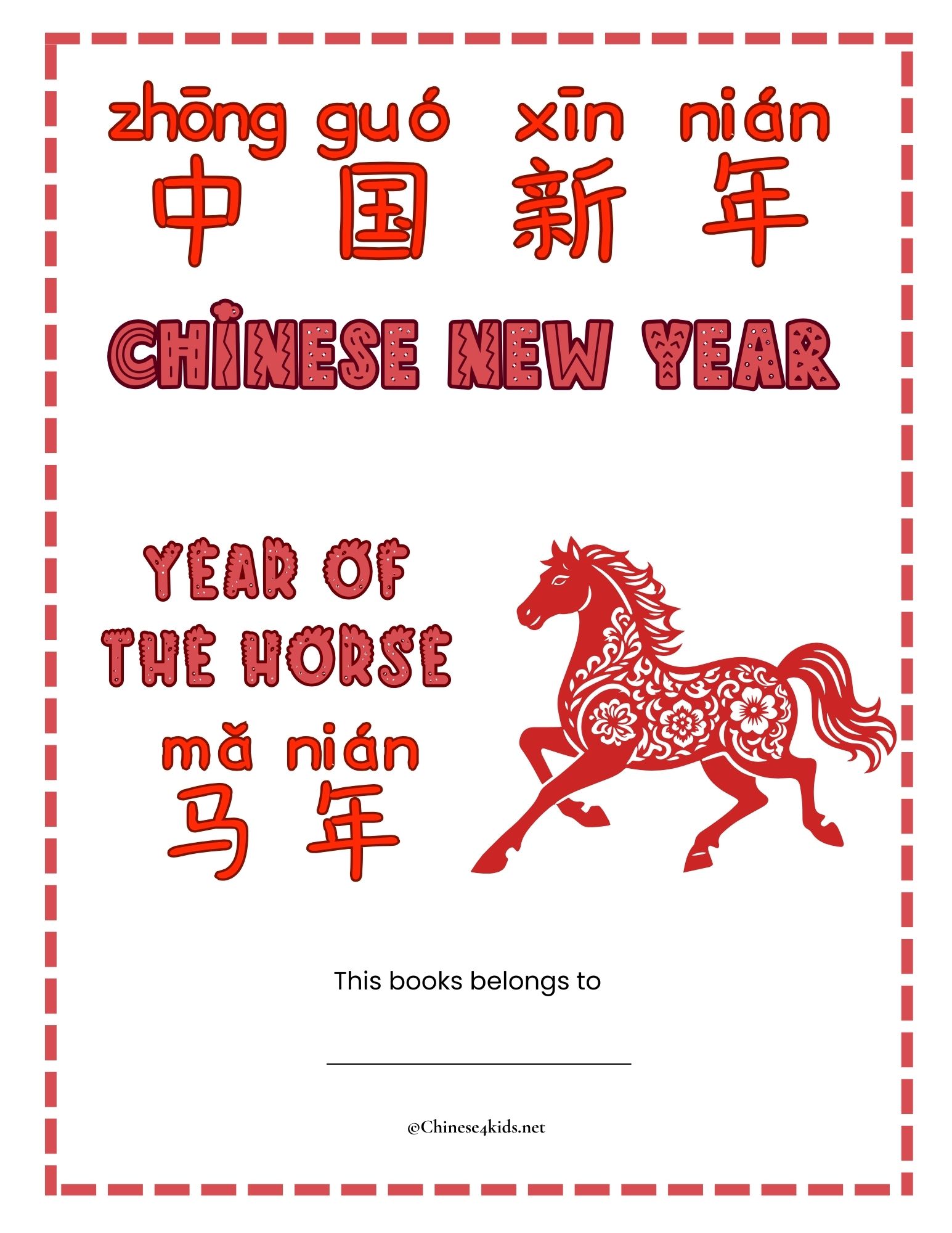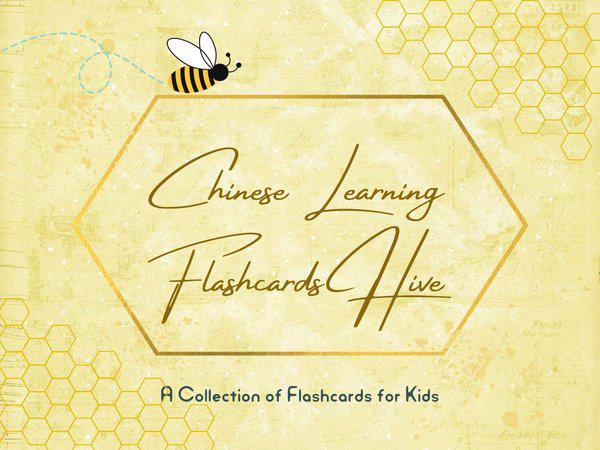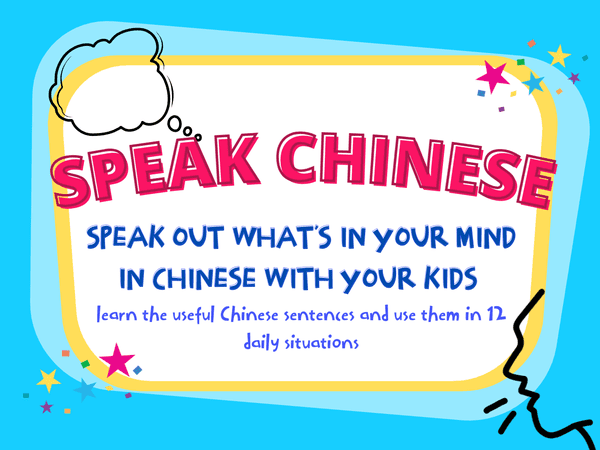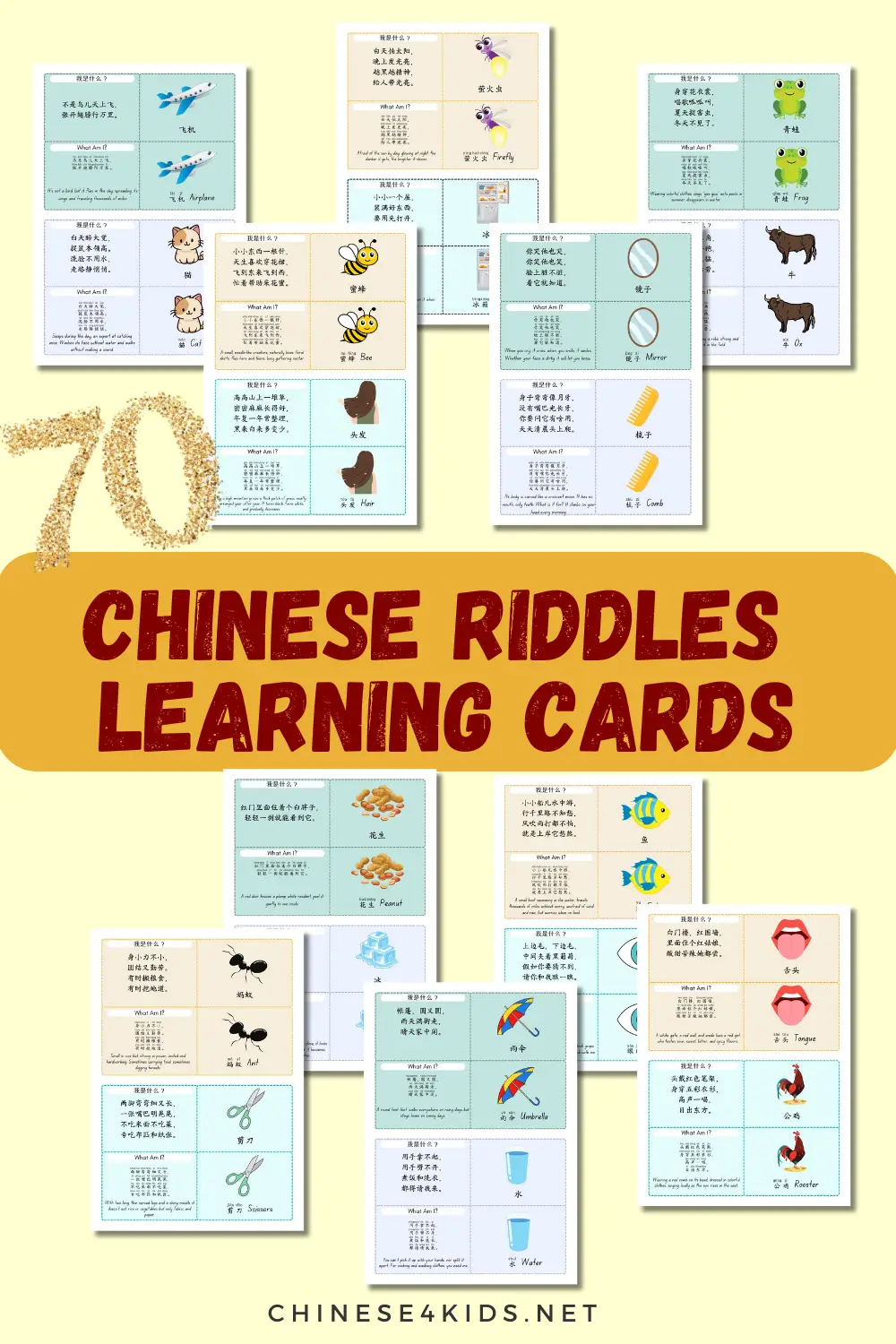
Home » Teach Chinese » How to Learn New Chinese Vocabulary – These 5 Tips Can Help
How to Learn New Chinese Vocabulary – These 5 Tips Can Help

Let’s say, you read a book and find many new Chinese words. You want to learn these new Chinese words, what do you do? You probably will look up in the dictionary and write them down in a notebook. The words help you to understand the book. But After a while, you may forget about these words completely.
This is quite normal. Our short-term memory tends to forget the things we come across but never use later. The Chinese words you write down but never review or use again will most likely be forgotten.
Then, what can we do to learn new Chinese vocabulary?
1.Learn new Chinese vocabulary in context
Back to the scenario mentioned above, once you note down the new vocabulary, try to use them. It is important to use new vocabulary in a context or situation that you can later refer back to. For example, when you learned the phrase “不好意思“,use it in a situation of asking for direction:
不好意思,请问厕所在哪里?
Bù hǎoyìsi, qǐngwèn cèsuǒ zài nǎlǐ?
Excuse me, where is the toilet?
In such a way, you will be able to remember where you were, whom you asked for direction and what happened. It helps to a great extent to reinforce learned vocabulary.
2. Group words and use them in short phrases
We memorize better when the individual information is grouped in chunks. Chinese words are easier to remember than individual characters and short phrases work better than individual phrases. This especially applies to Chinese vocabulary as there are many Chinese words that are of different pronunciation and mean totally different things.
Take “好吃” for example, it has two pronunciation and means “tasty” (hǎo chī)and “likes to eat” (hào chī). In such a case, it is much better to learn them in short phrases such as
好看又好吃 Hǎokàn yòu hǎo chī looks good and tastes good
好吃懒做 hàochīlǎnzuò be fond of eating but lazy to work
3. Relate new Chinese words to existing knowledge
We tend to translate new Chinese vocabulary simply because we want to relate the new information to things that we already know. A good way to learn a new Chinese word is to relate it to its synonyms, antonyms or similar expressions. For example, we know the word “爱“ , when we learn “恨“, we can relate it to “爱” as its antonym.
4. Play vocabulary games
Games are fun and very effective in learning new vocabulary. Memory games, bingo, guess the word, wordbee and simple competition within a time limit are all great for children to learn the vocabulary. Kids enjoy competition in general which works well as a stimulation for them to practise the new vocabulary.
5. Systematic recalling
We can never deny the importance of reviewing and recalling. New vocabulary, if not recalled, are forgotten easily. If it is a word you see or use very often, you will remember it easily. But if it is a word you only come across once, and try to recall it after a long time, you will be less likely to recall it easily. One technique to establish systematic recalling is using Spaced Repetition System.
If you like this post, PIN IT!

YOU MAY BE ALSO INTERESTED
-
- Use Chunking to Increase Chinese Vocabulary Efficiently and Effectively
- A Brief Introduction to Chinese Characters
- Strategies of Teaching| Learning Chinese High Frequency Characters, Just Like Teaching| Learning Sight Words
- 6 Reasons You Should Learn Chinese Characters
- Chinese Character Writing Workbook Bundle
You May Also Be Interested:
- Chinese4kids Membership – a portal for busy Chinese teachers and parents
- Chinese learning flashcards Hive – a flashcards library that with regular additions of new quality Chinese learning flashcards
- Chinese learning worksheets collection – Also a part of Chinese4kids membership, this collection is for teachers and parents who want to have access to engaging worksheets and activity sheets created for kids learning Mandarin Chinese as an additional language
- Speak Chinese with Kids Course
You May Also Be Interested:
- Chinese4kids Membership – a portal for busy Chinese teachers and parents
- Chinese learning flashcards Hive – a flashcards library that with regular additions of new quality Chinese learning flashcards
- Chinese learning worksheets collection – Also a part of Chinese4kids membership, this collection is for teachers and parents who want to have access to engaging worksheets and activity sheets created for kids learning Mandarin Chinese as an additional language
- Speak Chinese with Kids Course
- Chinese Vocabulary Made Easy Course
Recent Posts
Join Our Membership
Enroll to A Course
Buy An eBOOK
Our Posts













